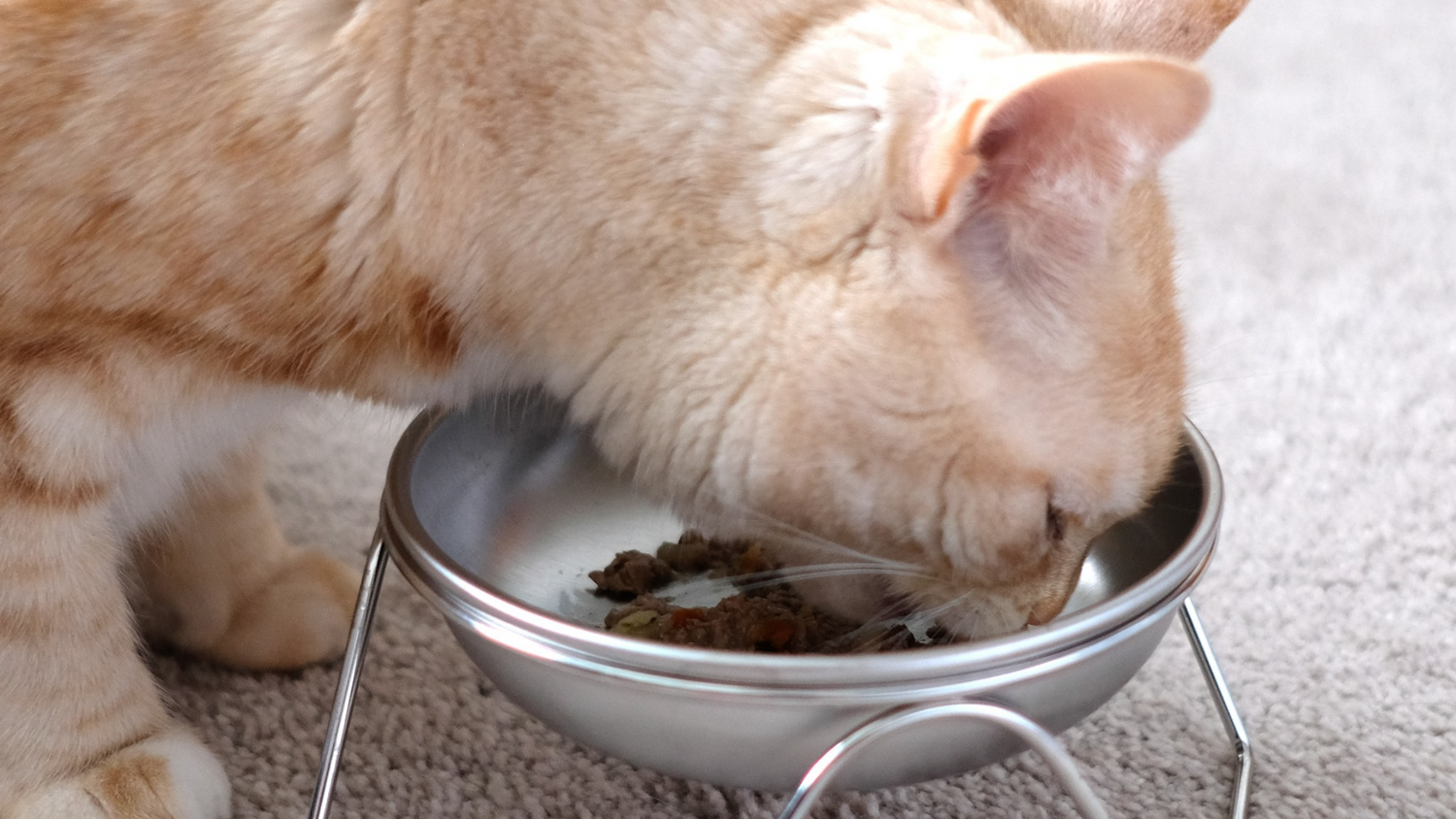Introducing a new puppy into your home can be an exciting but challenging experience. Training a new puppy requires patience, consistency, and understanding. It’s important to start training your puppy as soon as possible to help them develop good habits and behaviors. Here are 10 tips to help you effectively train your new puppy.
Table of Contents
Tips for Training a New Puppy
-
Start Early
It’s best to start training your puppy as soon as you bring them home. Puppies are most receptive to learning between 8 and 16 weeks of age, so it’s important to begin training during this critical period. Starting early will help your puppy develop good habits and behaviors from the beginning.
-
Use Positive Reinforcement
Positive reinforcement is a key aspect of training a new puppy. Use treats, praise, and affection to reward your puppy for good behavior. This will help them understand what is expected of them and encourage them to continue exhibiting positive behaviors.
-
Be Consistent
Consistency is crucial when training a new puppy. Use the same commands and cues each time you train your puppy, and be consistent in your expectations. This will help your puppy understand what is required of them and make the training process more effective.
-
Establish a Routine
Setting a routine for your puppy will help them learn faster and feel more secure. Establish regular feeding, walking, and potty time schedules to help your puppy understand what is expected of them. Consistent routines will make training easier and more effective.
-
Socialize Your Puppy
Proper socialization is important for a puppy’s development. Expose your puppy to different people, animals, and environments to help them become well-adjusted and confident. Socialization will also help prevent behavioral problems in the future.
-
Use Crate Training
Crate training can be a valuable tool for housebreaking and controlling your puppy’s behavior. Introduce your puppy to their crate gradually and make it a positive and comfortable space for them. Crate training can help prevent accidents and provide a sense of security for your puppy.
-
Be Patient
Training a new puppy can be frustrating at times, but it’s important to be patient and understanding. Puppies are learning and growing, so they will make mistakes. Use patience and encouragement to help your puppy learn and develop good habits.
-
Seek Professional Help
If you’re struggling with training your new puppy, don’t hesitate to seek professional help. A professional dog trainer can provide valuable guidance and support to help you and your puppy succeed. They can also address any specific behavior issues your puppy may have.
-
Exercise Your Puppy
Regular exercise is essential for a puppy’s physical and mental well-being. Make sure your puppy gets plenty of opportunities to play, explore, and burn off energy. Adequate exercise will help prevent behavioral problems and keep your puppy healthy and happy.
-
Be a Leader
Establish yourself as a calm and confident leader for your puppy. Setting clear rules and boundaries will help your puppy feel secure and know what is expected of them. Being a strong leader will also help prevent behavioral issues and strengthen your bond with your puppy.
Conclusion
Training a new puppy requires time, effort, and dedication, but it can be a rewarding experience for both you and your puppy. By starting early, using positive reinforcement, and being consistent, you can help your puppy develop good behaviors and become a well-behaved companion. Remember to be patient, seek professional help if needed, and provide plenty of exercise and socialization for your puppy. With the right guidance and approach, you can successfully train your new puppy and enjoy a strong bond for years to come.
FAQs
Q: What are the best training treats for a new puppy?
A: Soft, chewy treats that are easy for a puppy to eat and enjoy are generally best for training. Look for treats that are small, healthy, and appealing to your puppy.
Q: How often should I train my new puppy?
A: Training sessions should be short, frequent, and consistent. Aim for several 5-10 minute training sessions throughout the day to keep your puppy engaged and learning.
Q: How can I prevent my puppy from biting and chewing on everything?
A: Providing appropriate chew toys, supervising your puppy, and redirecting their attention when they start chewing on inappropriate items can help prevent destructive chewing behaviors.
Q: When should I start potty training my puppy?
A: It’s best to start potty training your puppy as soon as you bring them home. Establishing a consistent routine, using positive reinforcement, and being patient are key components of successful potty training.








